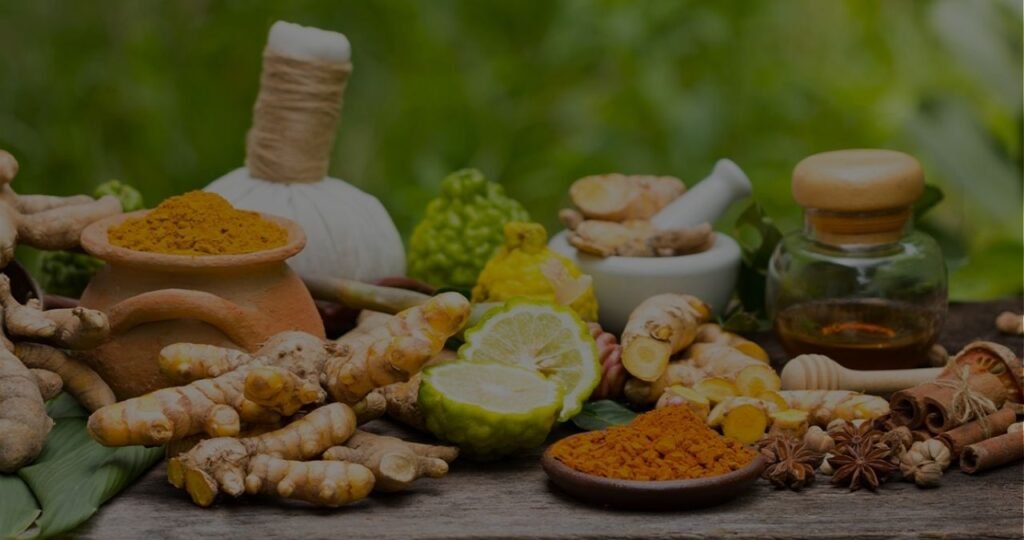There are many plants mentioned in Ayurveda, whose leaves and roots treat many diseases. Pipli plant benefits heart patients and stomach problems while an everyday common go-to Lemongrass, prevents infections. Plants like Brahmi help the mind and are excellent for children.
Did you know some of these plants can be grown in home gardens? These are easy to plant and do not require much care!
Brahmi
Benefit – Boosts mind and increases the concentration in children
How to plant: The plant is large and can be grown by spreading seeds on the ground, it easily gets into any soil.
How to get benefit: Chew 4-5 leaves on an empty stomach in the morning, drink water. You can also take the juice out. Its effect is cold, so in winter, take the juice of the leaves with black pepper.
Benefits: Brahmi is more beneficial for the mind. Due to lack of concentration in children and in old age amnesia, chewing its leaves and eating it is beneficial.
Giloy
Giloy: Beneficial for dengue and chikungunya patients
How to plant: Giloy is a vine, which can be planted in all types of soil by the cutting method.
How will you get the benefit: Grind the branches of Giloy vine and boil it in water and drink it. Those who do not have diabetes can also drink some honey by adding it.
Benefits: Giloy is a drug that enhances the ability to fight against diseases. People who have frequent colds are beneficial for them. It is beneficial in respiratory diseases, arthritis, dengue or chikungunya, diabetes.
Pipli
Pippali: It is beneficial in heart patients and stomach problems
How to plant: Pippali plant can be planted by cutting or planting seeds.
How to get benefit: Pipali is also known as long pepper. It grows long looking fruit which is consumed by making powder. In the same way, the root can also be dried and its powder is consumed.
Benefits: It is beneficial in heart diseases. Taking one gram powder of its fruit on an empty stomach with honey gives relief in heart diseases. Similarly, this powder is also beneficial for stomach diseases.
Ashwagandha
Ashwagandha: Relieves cough and asthma, increases immunity
How to plant: Its plant is planted in seedlings or beds with the help of seeds.
How to get benefit: Powder of its roots gives relief from cough and asthma. You can make leaves and drink tea. Mixing one teaspoon of ashwagandha root powder in milk and drinking it increases immunity.
Benefits: Ashwagandha enhances the body’s ability to work. If you eat its leaves regularly and do pranayama, then obesity can be reduced.
Forest basil
Van Tulsi: Benefits in headache, sore throat and fever
How to plant: You can plant it in a big pot with seeds or pens, but it grows better in a soil bed.
How to get benefit: You can make Masala tea from its leaves. When making tea, putting some of its leaves together will also make the tea hard. One can use forest basil like spices present in the kitchen. Two to three of its leaves can be grinded with spices and used.
Benefits: One basil leaves benefits in the treatment of influenza, headache, sore throat, cough, and fever.
Lemongrass
Lemongrass: Drink its tea, to avoid infection
How to plant: It can be planted in small pots or beds.
How to get benefits: Its leaves can be used to make lemon tea. Boil a few leaves of celery and lemongrass in hot water. Keep it for two minutes and then add turmeric and drink it after mixing well.
Benefits: It has antioxidant and bacteria-eliminating properties that prevent many types of infections. This grass contains vitamins-A and C, folate, folic acid, magnesium, zinc, copper, iron, potassium, phosphorus, calcium, and manganese.
